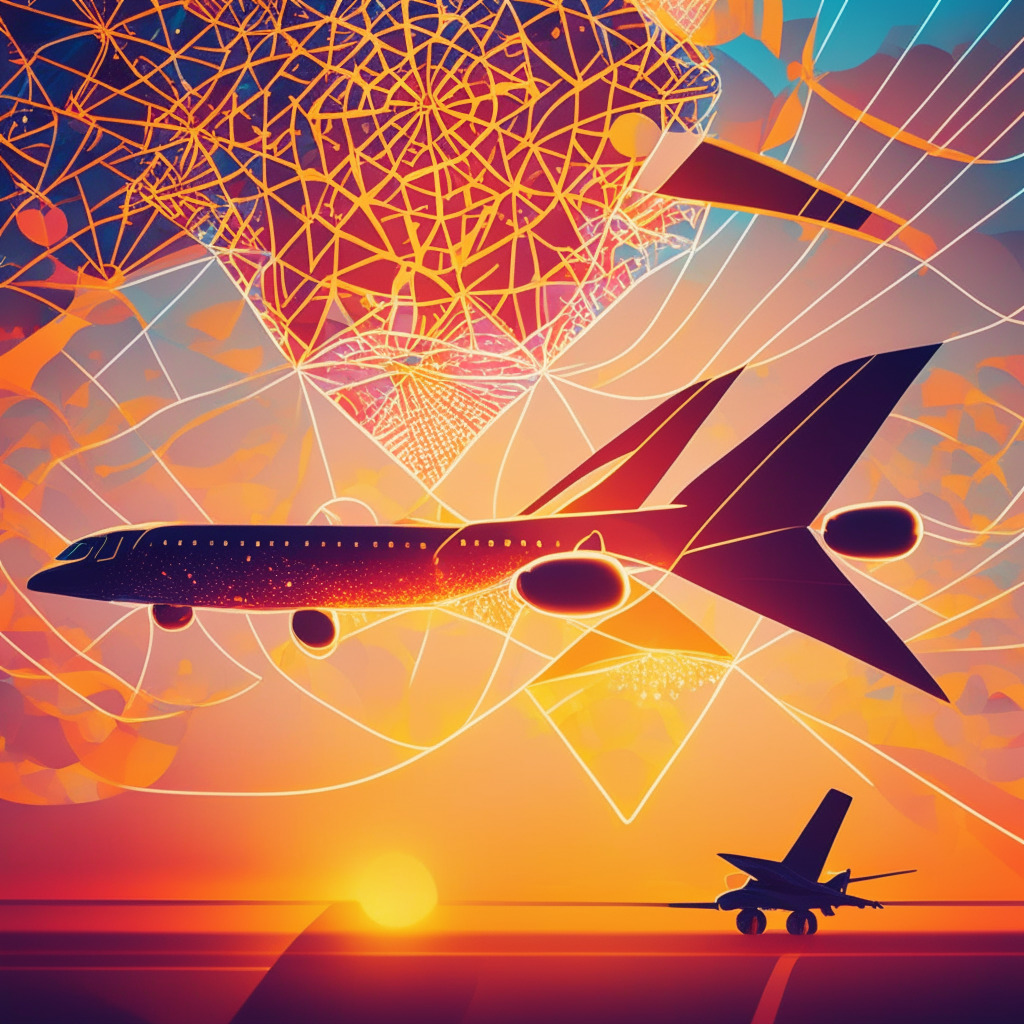In the fast-paced world of artificial intelligence (AI), trust is proving to be a hard-won attribute. With applications of AI spanning from interactive chatbots to automated food ordering systems, a recent consumer survey conducted by Salesforce points to a growing distrust surrounding the potential misuse of AI technology. Anonymously polling over 14,000 consumers and businesses across 25 countries, the survey suggested nearly three-quarters of customers harbored concerns about unethical AI applications. Furthermore, over 40% of the survey participants professed a lack of trust in companies when it comes to employing AI ethically.
While the applications of AI promise to streamline processes and improve user experiences, customers seem to be growing wary. According to the Salesforce survey, the willingness to use AI has actually waned since last year, with the openness of businesses and consumers dipping from 80% and 65% to 73% and 51% respectively.
In a related vein, a survey conducted by Australian market research firm Roy Morgan showed that nearly 60% of those surveyed believed AI creates more problems than it solves, while 20% feared the technology could pose an existential threat to human civilization by 2043. This sentiment chimes with a letter signed in May by various AI experts advocating the global prioritization of mitigating human extinction risks from AI.
However, despite these undercurrents of apprehension, another survey shows a majority of people in the US are not even familiar with, let alone have used, OpenAI’s ChatGPT, arguably the most widely-known AI chatbot. A Pew Research report found that just 18% of over 5,000 Americans had used OpenAI’s ChatGPT.
While AI continues to evolve and permeate various industries, its acceptance by the general public appears to be a mixed bag. For instance, DoorDash, a popular food delivery platform, has started integrating AI technology to cope with high-demand periods. The plan is to use AI-powered voice systems to handle customer phone calls. Moreover, DoorDash’s AI system is expected to provide a highly personalized customer experience, answering calls in multiple languages.
On a broader canvas, these developments amplify the deepening rift between the relentless march of technology and public sentiment. As we navigate this brave new world, public perception, shaped by the apparent tug of war between efficiency and ethics, will inevitably be a determining factor in the trajectory of AI’s progress. Over to the experts now to address these concerns and bridge this trust deficit in the AI landscape.
Source: Cointelegraph




